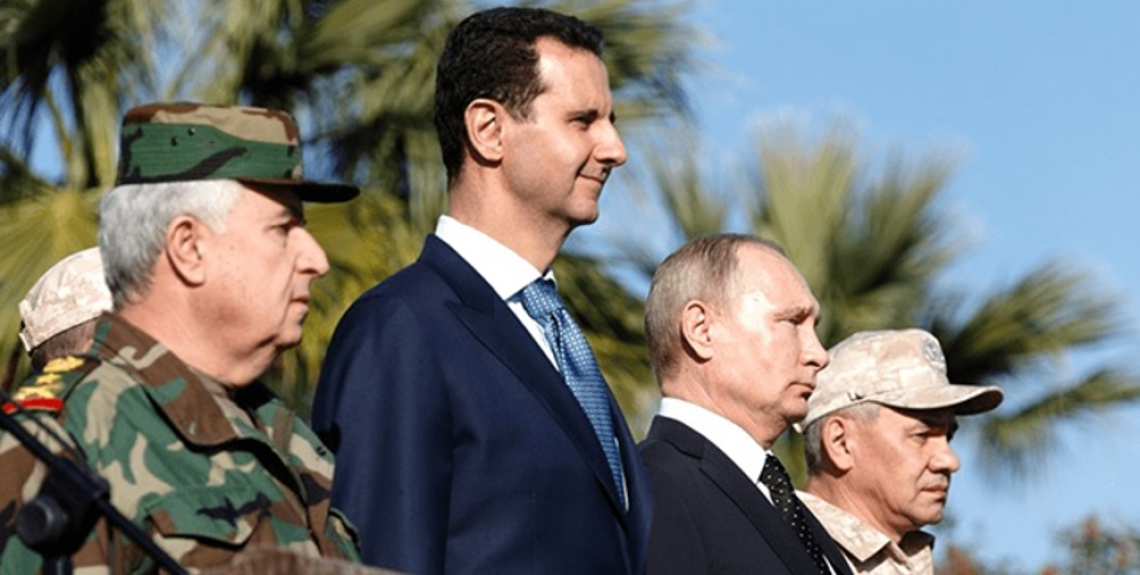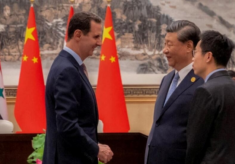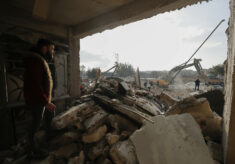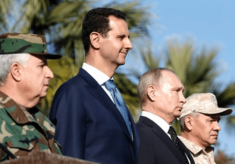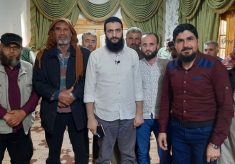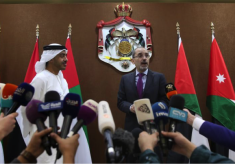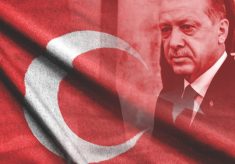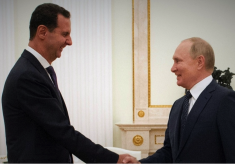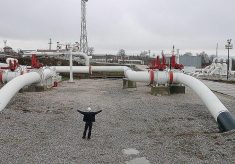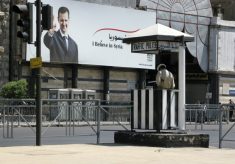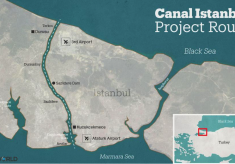Nearly seven months have passed after the invasion of Ukraine by the Russian regular forces on the 24th February 2022 and it is worthwhile to consider how much the now media-forgotten Syrian experience has influenced Russian operations now.
Firstly, it is noteworthy to stress that Putin, in the aggressive speech he gave few minutes earlier the launch of military operations, blamed the United States and their Western allies for having caused in the past turmoil in Middle Eastern countries, amongst them Syria. However, the civil war that broke out in the Levantine country derived essentially from internal causes, such as socio-economic discontent and the need for changing regime’s authoritarianism for which Putin always stood for. Even motivations follow a similar scheme, as both are intended to demonize the enemy by labelling him as “terrorist” for every kind of Syrian opposition and “Nazi” for Ukrainian political class.
Beyond propaganda and storytelling, Syria serves also for strategic purposes given by its geography. Starting from September 2015, Syrian President Assad benefitted from Russian boots on the ground for securing its position and launching a counter-offensive that allowed him to recover two thirds of the country; in turn, Moscow gained important access in the Mediterranean by establishing and strengthening military harbours of Latakia and Tartus. With respect to Ukraine, Russian vessels have actually made use of these facilities for naval exercise and as refuelling points along the route to the Black Sea and occupied Crimea. Tartus has been mentioned once during the wheat crisis as the final destination of a cargo diverted by Russia (August 2022).
On a military level, a wide range of new weapons tested in the Levant has been deployed against Ukrainian targets and it is highly possible that some tactics might be replicated. Indeed, Putin devised Syria as a “training camp” for his army which has been engaged over the years in different types of operations, ranging from guerrillas to full-scale attacks. He also sought to build a solid modus operandi in order to carry out 21st century-style conflicts successfully, focusing on multi-faceted strategy that did not limit to the deployment of regular troops, but it also involved the use of intelligence, local warlords and affiliated mercenary companies, including the infamous Wagner group. According to Arab newspapers, some Syrian soldiers might even take part in Ukrainian war, fighting alongside the Russian army[1].
A feature that has not gone unnoticed was the tactic of heavily and indiscriminately bombarding cities prior to their assault and conquest. UN investigators signalled several actions falling under the category of war crimes during the Syrian campaign. Another was the constant use of drones and of digital mission command platforms (the Russian system is the Strelets – fusilier). A further aspect that was honed in Syria was COIN (Counter Insurgency warfare), whose tactics have most probably been applied also in Ukraine, including known brutalities aimed at the local population in order to break any resistance will.
Lastly, Moscow recurred to diplomacy and cooperation with allied states. The establishing of the “Russian Reconciliation Centre for Syria” and the Astana Talks in partnership with Iran and Turkey acted as decisive tool for solving disputes with sieged rebels and regain full control of many towns and villages. Even though circumstances differ considerably, negotiations took place on Belarus border, with the aim of stopping the offensive in exchange for Zelensky resignment.
To conclude, Syrian experience augmented Kremlin warfare for the first time in post-Soviet era, although such progress did not go unnoticed in Western think tanks and governments. In addition, the two war scenarios, despite some similarities, show striking differences that might reduce the effectiveness of these “lessons learned” in the Middle East. Most importantly, a potential defeat in Ukraine may endanger Russian plans in Levant, placing the Syrian regime in jeopardy.
[1] Rusya tabda’ bi-tajdid shubban suriyyin lil-qital fi Ukrania [Russia starts the enrollment of Syrians for fighting in Ukraine], The New Arab, 04 March 2022 https://www.alaraby.co.uk/politics/%D8%B1%D9%88%D8%B3%D9%8A%D8%A7-%D8%AA%D8%A8%D8%AF%D8%A3-%D8%A8%D8%AA%D8%AC%D9%86%D9%8A%D8%AF-%D8%B4%D8%A8%D8%A7%D9%86-%D8%B3%D9%88%D8%B1%D9%8A%D9%8A%D9%86-%D9%84%D9%84%D9%82%D8%AA%D8%A7%D9%84-%D9%81%D9%8A-%D8%A3%D9%88%D9%83%D8%B1%D8%A7%D9%86%D9%8A%D8%A7

